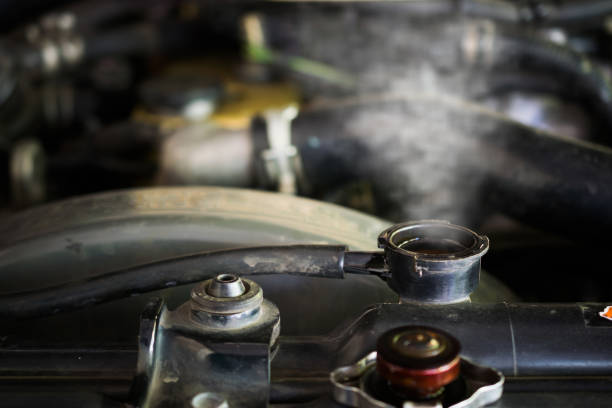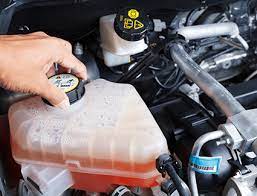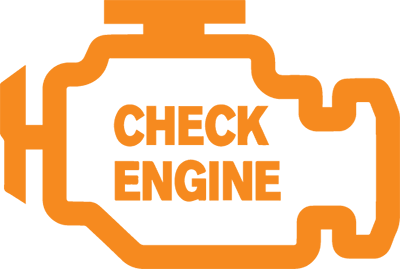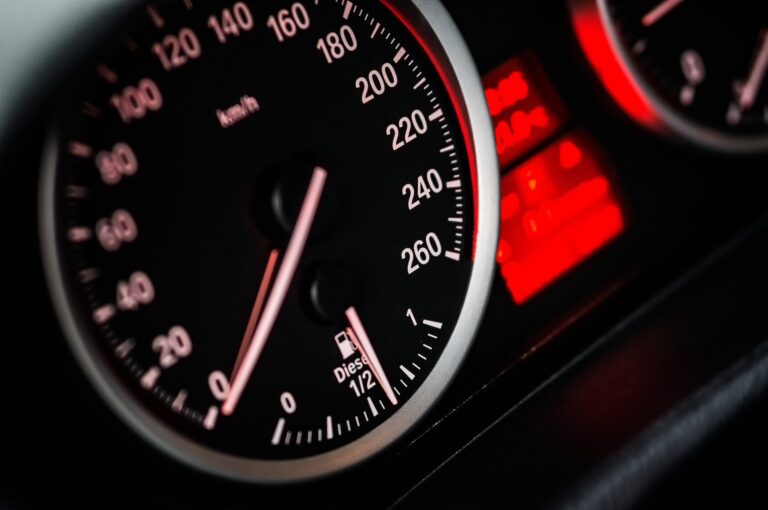Easy Fix & Causes of engine Overheating in Cars
The car engine is designed to operate hot, especially if you are traveling over a long distance. It is normal for your car engine to be hot but when your car engine starts overheating, then it becomes a problem.
Engine overheating issues are common problems that all cars encounter especially as the engine declines. If you are experiencing overheating with your car engine. You don’t have to panic, we got you covered. We are here to provide an effective solution that can solve this problem.
Several factors can lead to the causes of engine overheating problems. The main causes of engine overheating problems include Coolant leakages, oil leakages, leaking water leakages, and faulty fans.
In this article, we will briefly discuss the causes of engine overheating problems as well as provide various solutions that would help to fix this issue. Click here to read on How does car ac use gas
Causes of Engine Overheating
There are several causes of overheating engine which we would discuss below in this article. Follow the steps below to fix this issues:
- Clean clogged or dirty radiator
- Faulty radiator fan.
- Leaking radiator hose.
- Leaking head gasket
- Low level coolant
- Low oil level.
- Faulty Thermostat Sensor.
- Damaged water or coolant pump.

Clean Clogged or Dirty Radiator
The radiator is a heat exchange mechanism, coolant flows through the fins of the radiator, and in return, it dissolves heat to the environment. The coolant flows through to cool off the engine.
If the radiator gets clogged, there won’t be a flow of liquid, as the engine won’t be able to cool off and heat won’t be able to get out of the engine compartment. The radiator can get clogged with debris and particles from the surrounding.
You should clean regularly the radiator of your vehicle, you can make use of a steam or pressure washer to thoroughly clean the radiator. You can wash the radiator without fully removing it, but it is best to take your vehicle to a nearby mechanic’s workshop and have it fully removed so you can wash it thoroughly. If you notice that the fins of the radiator have been blocked and liquid can’t flow through the system, you can purchase a new radiator to replace the old one.
Recommended: How does car ac uses gas
Fix Radiator Fan
As the engine is operating heat is produced in return, and the radiator fan blows heat off the engine to maintain the engine temperature. A faulty fan is among the main causes of engine overheating in cars.
Always ensure the fans of your radiator are constantly blowing. In other to regulate the temperature of the engine. The radiator fans often make a loud operating noise. The noise can be audible from a nearby distance.
Also, ensure to check the connections of the wire and fuse that connects with the fans.
Leaking Radiator Hose
A leaking radiator hose is one of the most common causes of engine overheating problems in your car. If you are a DIYer and you like trying to fix things yourself, you can try to replace the radiator hose of your car. Ensure you get your repair tools at hand, you will be needing a screwdriver, pier, spanner, or wrench so you can remove the front covering of our vehicle,
To replace radiator hose of your car, you can follow these easy steps:
- Firstly identify the leaking radiator hose you want to replace. Then run your car engine to an operating temperature.
- Ensure you park your car on level ground while you allow the engine to run in park mode then set the emergency brake.
- Carefully inspect the hoses for leaks while your vehicle is running.
- Loosen the clamps that hold the leaking radiator hose. You can hold the clamp with a pier, then use a flat head screwdriver to loosen the clamp.
- Now remove the hose and replace it with a new hose.
- Tighten the clamp that holds the hose firmly together.
- Run a quick engine test to confirm that there is no leakage from the new hose.
- Then check the engine temperature if it rises above the normal working engine temperature.
Leaking Head Gasket
A leaking head gasket is a common cause of engine overheating issues. The head gasket provides a protective cover for the engine, they provide coolants and engine oil from leaking into the cylinder head. When Leaks occur in the head gasket, this can lead to a poor engine running and overheating.
Your vehicle uses a liquid-based coolant to cool off during operation. The coolant is a mixture of water and antifreeze which is filled up in the water pump. The thermostat opens at around 195 degrees Fahrenheit so that coolants can flow through the radiator.
If the coolant level gets low in the water pump it could lead to engine overheating issues. You should ensure to pick the right type of coolant and always ensure you top up when the coolant and water level are low.

Low Oil Level
You must always ensure your vehicle has enough oil, so your car won’t experience overheating issues. Ensure you use the oil indicator rod to check the oil level in your vehicle. The oil indicator rod has calibrations that let you determine the oil level in your vehicle.
If your car has a low oil level, you should ensure that you top the oil level. Replacing the used oil with fresh oil is part of the servicing procedures that are required to increase the lifespan of your car engine.
Faulty Thermostat Sensor
The thermostat is a device that regulates the temperature of the car engine. The thermostat opens up so that coolant can flow through the radiator. If the thermostat sensor fails it can damage the car engine. Coolant would fail to circulate in the vehicle system.
Damaged Water or Coolant Pump
The main function of the water or coolant pump is to circulate the flow of coolant within the engine system. Coolant flows from the radiator hose into the cylinder head and blocks. During this process, the coolant or water becomes heated and gets transferred back into the radiator. The heat coming from the engine is dissipated to the surroundings. The water pump is driven by a belt connecting from the crankshaft pulley.
In conclusion, we have been able to discuss the common causes of engine overheating in vehicles. You can save yourself a couple of dollars by having this problem fixed yourself. This step would generally solve your vehicle overheating issues.
If you try the easy steps like checking your engine oil level, Coolant level, radiator hose, and the issues are not solved. Then you should take your vehicle to the mechanic workshop to replace parts that gets damaged and to clean the radiator. This would ensure you don’t get overcharged by your mechanic and you can easily purchase damaged parts. You can order parts replacement from online stores such as Amazon, eBay etc.






